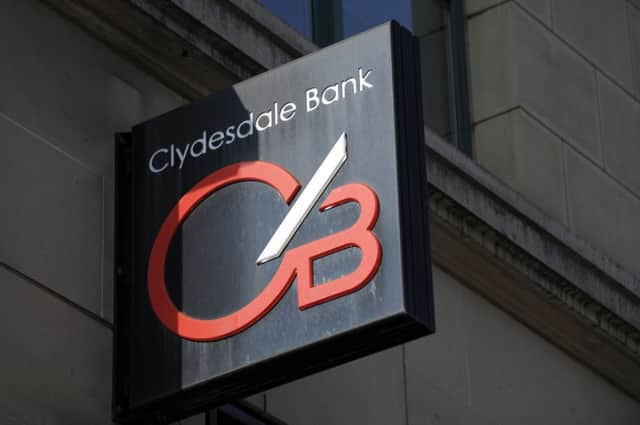Finance jobs would see Yes boost – in short term


A raft of firms, including Aegon UK, Clydesdale, Royal Bank of Scotland and Standard Life, have set out contingency plans in recent days to register companies south of the Border, but separating from the rest of the UK could create extra posts for compliance, legal and regulatory staff to help with the transition to a new regime.
Betsy Williamson, managing director of recruitment firm Core-Asset Consulting, which focuses on the finance sector, said: “A lack of clarity surrounding key issues such as currency, EU membership, the single UK financial services market and regulation could result in a swift change in the structure of Scotland’s financial labour market.”
Advertisement
Hide AdAdvertisement
Hide AdShe added: “Temporary and contracts workers would be in high demand in areas such as tax, risk and compliance, legal and finance, with this being offset by a reduction in the recruitment of permanent, business-as-usual roles.”
The financial services sector directly employs about 100,000 people north of the Border and contributes an estimated £7 billion a year to the economy.
Owen Kelly, chief executive of trade body Scottish Financial Enterprise (SFE), said: “We could debate whether or not it’s a net economic advantage to give more work to people who have to manage a border that currently doesn’t exist. For the individuals concerned, that may be a benefit, but it’s likely to be a short-term benefit I would think.” Williamson said the Scottish Government’s proposed 18-month transition to independence seemed “ambitious” given the scale of changes that would be required.
“There are so many elements that have to be confirmed that it would take quite a period of time to agree a framework.
“My view is that it probably wouldn’t be 18 months; it’s more likely to be 24 to 48 months, if not perhaps longer.” However, Barclays economist Fabrice Montagne said that, while uncertainty would remain “elevated for a protracted period” in the event of a Yes vote, some aspects of the switch to a new regime need not be “chaotic” – even if the Scottish Government could not persuade Westminster to enter a formal currency union.
He added: “Setting up new administrations and institutions, including printing a new currency and renegotiating trade agreements, might prove easier than currently expected, given that such independence processes are not new.”
A recent briefing paper from SFE said it was “safe to assume” that a Scottish financial regulator would cost millions of pounds a year to run and would need hundreds of staff. For example, Malta’s Financial Services Authority employs more than 200 people, while the workforce at the UK’s Financial Conduct Authority stands at more than 2,500.
Analysts at Nomura have warned that political risks will not disappear overnight if independence is rejected, because Prime Minister David Cameron has promised a referendum on the UK’s membership of the EU by 2017 if the Conservative party wins the general election in May.
Advertisement
Hide AdAdvertisement
Hide AdUBS is predicting a narrow victory for the Better Together campaign on Thursday, and economists at the Swiss bank said: “Our assumption is that the post-referendum drive would quickly move to the ‘devo max’ structure where the Scottish Parliament is granted further additional powers over spending and tax.”